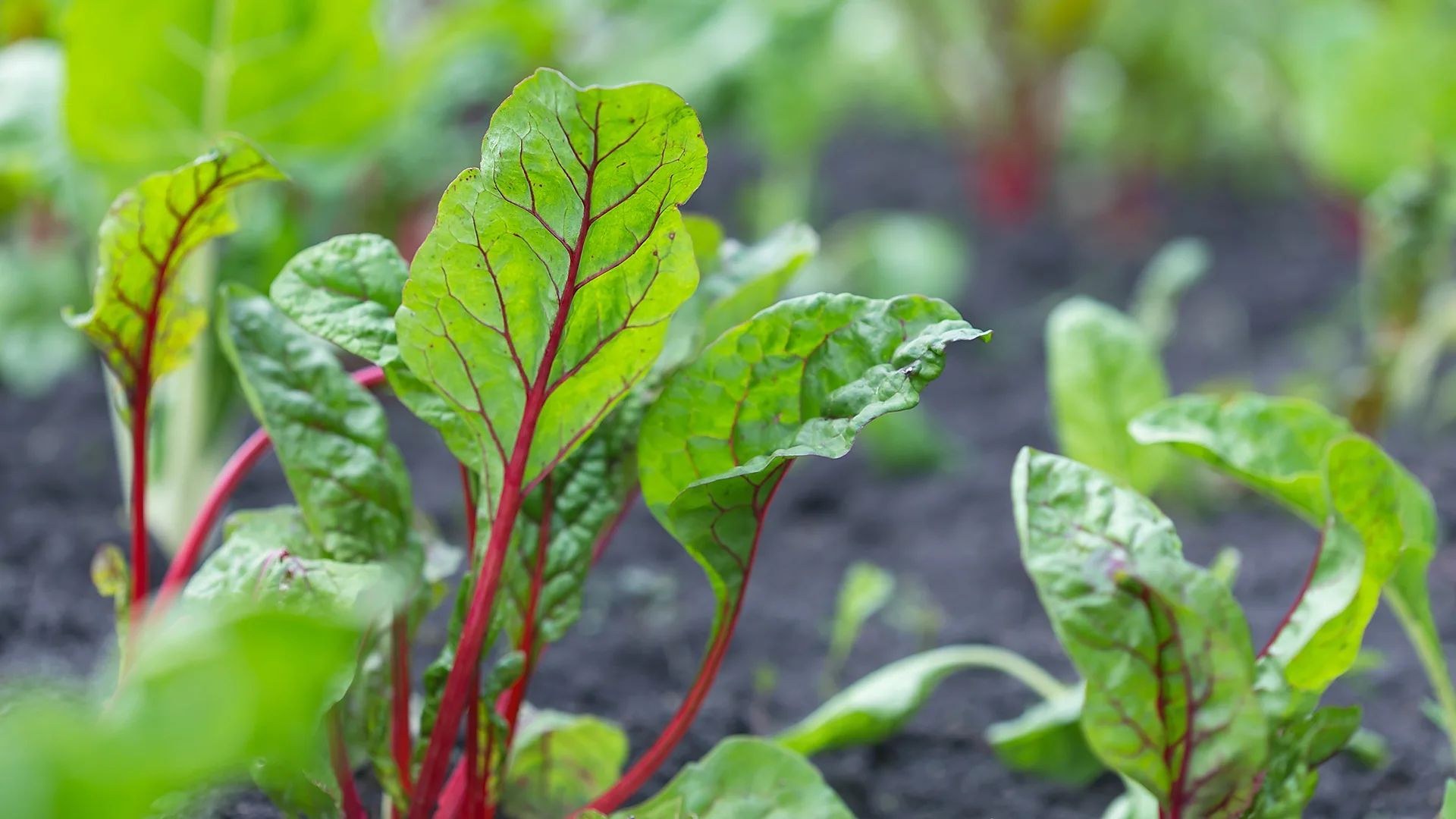Why Everyone Should Add Fiber to Their Everyday Diet
When it comes to maintaining good health, fiber often doesn't get the spotlight it deserves. However, it is essential in keeping our bodies functioning optimally and can contribute to long-term well-being in numerous ways. Adding fiber to your daily diet is one of the simplest yet most effective steps toward a healthier future.
What is fiber?
Fiber is a carbohydrate in plant-based foods such as fruits, vegetables, legumes, and whole grains. Unlike other carbs, fiber is not broken down into sugar and absorbed by the body. Instead, it passes through the digestive system largely intact, providing several health benefits.
The Immediate Benefits of Fiber
Promotes Digestive Health
One of fiber's most well-known benefits is its ability to promote healthy digestion. Insoluble fiber helps prevent constipation by adding bulk to your stool, making it easier to pass. Meanwhile, soluble fiber can help manage diarrhea by absorbing excess water in your digestive tract. Whether you are struggling with irregular bowel movements or want to maintain digestive health, fiber plays a vital role in keeping your system balanced.
Helps Manage Weight
Fiber-rich foods are often more filling and less calorie-dense, meaning you can eat a substantial portion without consuming too many calories. Since fiber takes longer to digest, it helps you feel fuller for longer, reducing the chances of overeating or snacking between meals.
Controls Blood Sugar Levels
Fiber can be a powerful ally for those concerned about blood sugar levels, especially people with diabetes. Soluble fiber helps slow down the absorption of sugar, preventing spikes in blood glucose levels after meals. This can help regulate blood sugar over time, reducing the risk of developing type 2 diabetes and supporting better overall glucose management.
How to Add More Fiber to Your Diet
- Start your day with fiber: Choose a high-fiber breakfast like oatmeal topped with berries or whole-grain cereals and toast.
- Snack smart: Munch on fruits, veggies, nuts, and seeds throughout the day instead of processed snacks.
- Incorporate legumes: Add beans, lentils, or chickpeas to soups, salads, or main dishes for a fiber boost.
- Opt for whole grains: Replace white bread, pasta, and rice with their whole-grain counterparts to add more fiber to your meals.
- Hydrate: As you increase your fiber intake, drinking plenty of water is important to help the fiber move smoothly through your digestive system.
Adding fiber to your diet might be one of the most straightforward yet impactful changes you can make for your long-term health. The benefits of fiber are extensive. By making small adjustments to your meals and prioritizing fiber-rich foods, you will set yourself up for a healthier, more vibrant future.
Credit Matthew Solan The facts on fiber
https://www.health.harvard.edu/nutrition/the-facts-on-fiber
















